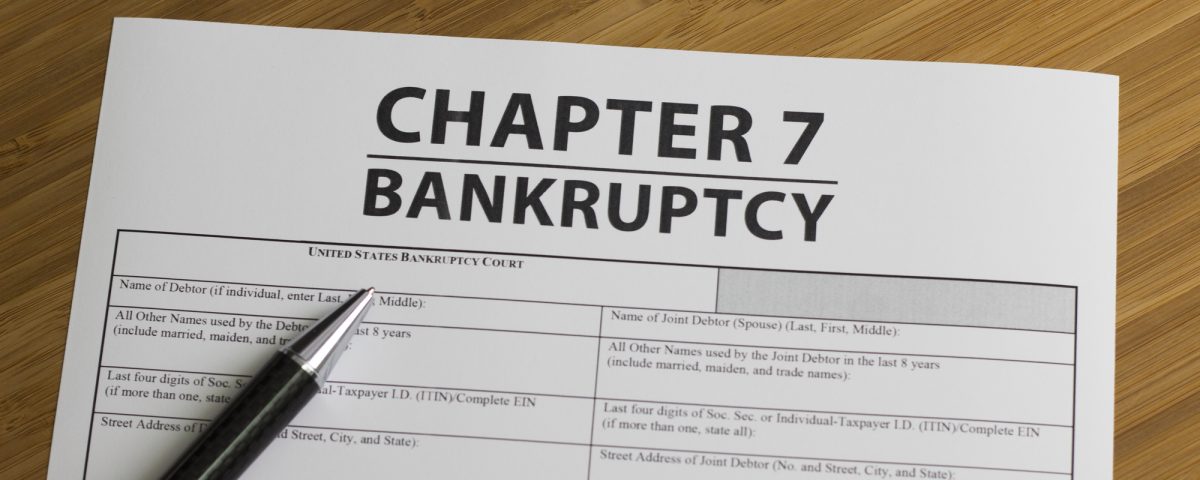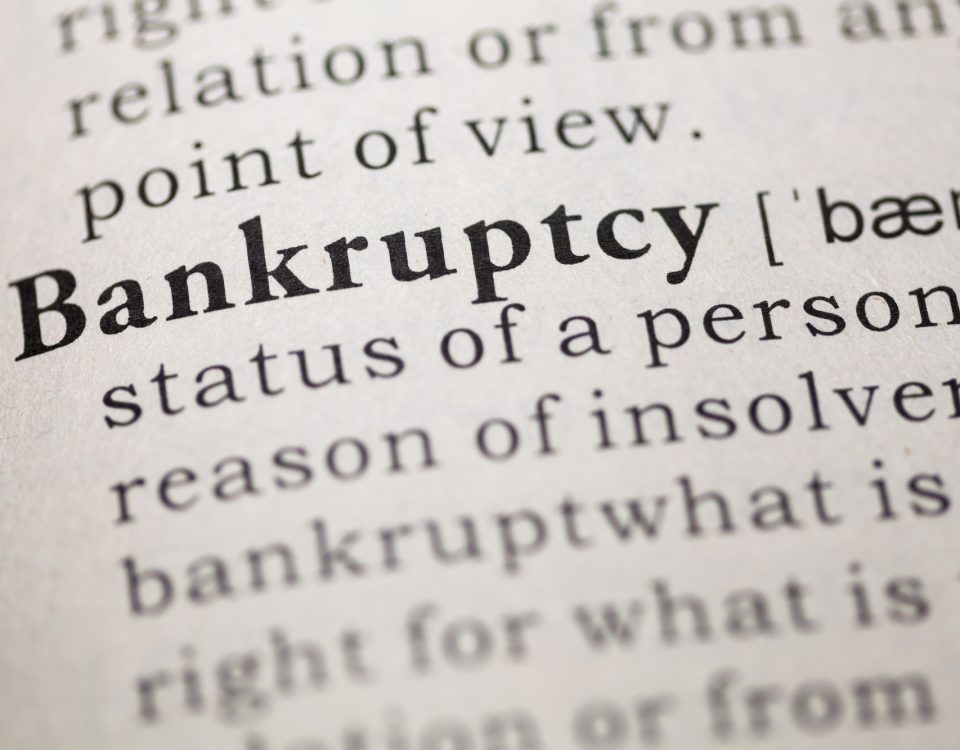- FREE CONSULTATION
- 816-822-4041
Credit Unions and Cross-Collateralization

Can Taxes Be Eliminated In Chapter 7 Bankruptcy?
March 24, 2017
Different Types of IRS Audits
March 14, 2018Credit Unions and Cross-Collateralization
Credit unions are popular with borrowers because they are often able to provide credit on more favorable terms than many other traditional lenders. However, if you are a borrower who is unable to pay a debt to a credit union, you will quickly find out that they can be much harder to deal with than traditional banks or lending companies. One reason they can be so difficult to deal with is because they secretly bury what is known as a “cross-collateralization” clause in their loan agreements.
Before we talk about cross-collateralization, let’s define collateralization. Collateralization is where a borrower pledges property (ex: car, house, computer) as “collateral” in order to obtain a loan from a lender. When the borrower pledges collateral, they give the lender a “security interest” in the property, so if the borrower fails to repay the loan, the lender has the right to repossess the property. A simple example of collateralization is when you finance a car. The car dealer gives you the car, and you give the lender a security interest in the vehicle, so if you don’t make the car payment, they can repossess the car.
Cross-collateralization is similar to collateralization but slightly different. Suppose you want to finance a car, except this time you go to your credit union to help you obtain the financing to purchase the vehicle. When you purchase the vehicle, you give the credit union a security interest in the car because they are the ones that lent you the money to purchase it. Just like the example above, if you don’t make the payment, they can repossess the car. But here is where cross-collateralization comes in. Assume you also have another loan with the credit union, except this second loan is an unsecured loan, which means you didn’t have to pledge any property to obtain it. If the loan documents contain a cross-collateralization clause (which they most likely do), then the unsecured loan now becomes secured to your vehicle. So if you stop paying on the unsecured loans, they can tack on the balance of the unsecured loan to the car note and repossess the vehicle.
Let’s illustrate this concept with some numbers. Say you finance a car with the credit union for $15,000, and you also have a $10,000 unsecured personal loan with the same credit union. Assume you are current on your car note, but you can no longer make the payments on the $10,000 unsecured personal loan. The credit union can take the $10,000 balance and put it on the car loan, so now you have to pay $25,000 to get the title to your car.
Cross collateralization can be extremely harmful for someone filing for bankruptcy. Normally if someone files Chapter 7 bankruptcy, they are able to discharge (i.e. eliminate) all of their unsecured debt (personal loans, credit cards, etc.), and continue making payments on their secured debts (car, house, etc.) in order to keep the property. But if the credit union has a cross collateralization clause, then the borrower’s unsecured debt with the credit union becomes secured to the property they are financing with the credit union.
There are a few ways to defeat a cross collateralization clause in bankruptcy.
In Chapter 7, you may be able to “redeem” your property that has been cross collateralized. Redeeming property allows someone who has filed Chapter 7 to buy out the property from the credit union’s debt securing it by paying the credit union the “replacement value” of the asset. So if you have a car worth $12,000, that was financed with the credit union for $15,000, and you also have a loan with that credit union for $10,000 that has been cross-collateralized, you owe the credit union $25,000 for a $12,000 car. If you can pay the credit union the value of the car (in this case $12,000) in one lump sum, the credit union will give you a clear title to the vehicle and the remaining debt will be discharged in the bankruptcy. Most people don’t have that kind of money available to pay in one lump sum, so there are companies that specifically provide this type of financing to help borrowers in bankruptcy with cross collateralization issues.
Another way to handle a cross collateralization clause is by “cramming down” the loan in Chapter 13 bankruptcy. “Cram down” is a similar concept to redemption, where the borrower pays the value of the asset to the creditor, as opposed to what is owed on the debt. So in the previous example, the borrower could pay the value of the car to the credit union ($12,000) in a Chapter 13 repayment plan lasting 3-5 years, and discharge the remaining amount of the debt.



